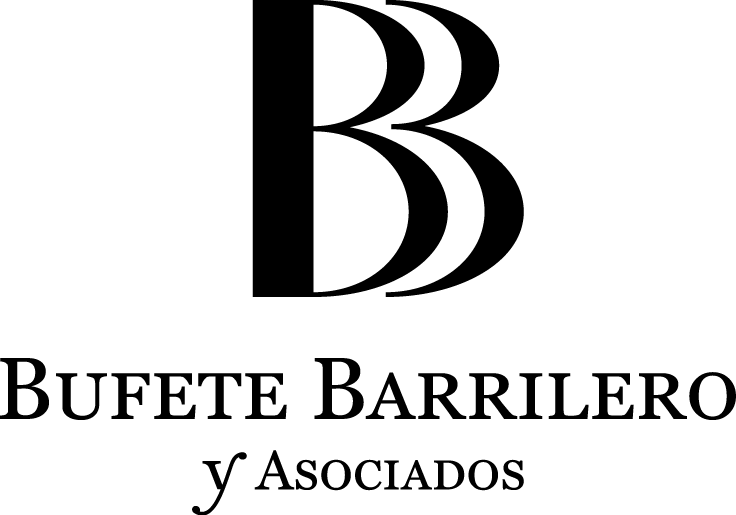AVV SILVIA LAZZERETTI Y AVV STEFANIA MAVELLI
INTERNATIONAL
In 2005 the Italian Competition Authority ascertained that the model form of bank surety drawn up in 2002 by the Italian Banking Association (ABI), namely certain clauses contained therein, constitute an agreement that restricts competition, where applied uniformly. A contrast of case law arose on the effects of non-compliance with antitrust law on the sureties issued by guarantors in favour of banks on the basis of the ABI model form, in particular whether such sureties were as well invalid.
By judgment no. 41994 of December 30th, 2021 the Joint Sections of the Italian Court of Cassation have resolved the case law contrast. The judgment is of particular interest because the principles it establishes are applicable not only to sureties complying with the ABI model form but, more in general, to all agreements entered into downstream of agreements between undertakings which have been declared null and void by the Italian Competition Authority (“AGCM”) for being contrary to antitrust law.
Article 2 of the Italian Competition and Fair Trading Act (Law 287/1990, the “Act”) prohibits agreements between undertakings that have as their object or effect the prevention, restriction or significant distortion of competition within the national market or in a substantial part of it and specifies that “Prohibited agreements are null and void to all intents and purposes”. It is up to AGCM to ascertain and sanction the anti-competitive behaviours.
A similar provision is also present in the Treaty on the Functioning of the European Union (article 101) for the European market.
The Act also provides for a civil law protection consisting of an action for the nullity of the anti-competitive agreement and an action for damages to be brought before the competent civil Court. AGCM’s decision has binding effect in the civil proceedings.
For years Italian case law has provided for ambiguous solutions regarding the effects that the nullity of anti-competitive agreements produces on the agreements executed downstream and the remedies available to individuals who signed them.
Originally, the Court of Cassation denied the legitimation of the consumer to bring the action for nullity and the action for damages provided for by the Act.
Differently, in 2005 the Court of Cassation, in an action brought by a consumer for restitution of the higher premium of a car insurance policy drafted in accordance with the conditions established by the so called “cartel of the insurance companies”, recognised his right to bring an action for nullity of the cartel and for compensation under the Act. However, the Court did not clarify whether the consumer could also bring an action for the nullity of the downstream agreement executed between him and the insurance company.
In the case at stake the Joint Sections were called upon to clarify whether the total or partial coincidence of the surety with the anticompetitive model justified the declaration of nullity of the surety or only entitled to compensation of damages and, in the first case, whether it was an issue of total or partial nullity of the surety.
The Joint Sections, with judgment no. 41994/2021, have definitively clarified that “The surety contracts entered into downstream of agreements declared in part null and void by the Antitrust Authority for violation of the Italian and European antitrust regulations are partially null and void. This nullity is limited to the individual clauses that reproduce the unilateral model form that constitutes the prohibited agreement, unless it is possible to infer from the agreement, or is otherwise proven, a different will of the parties”.
This decision, in addition to the material impact on the many sureties compliant with the ABI model form, sets forth principles applicable in all cases of agreements entered into downstream of anti-competitive agreements, thus offering direct protection, such as an action for nullity and compensation of damages, to all those subjects who, although not operators in the reference market, suffer the negative consequences of the unlawful agreement.
On the basis of these principles, it can be expected that litigations brought by downstream contractors in the event of a finding of cartels restricting competition will increase.


